Social media will be blamed as the source of many people's problems, but it's important to remember that it can do some good as well.
Like when a story goes viral because a judge sentenced a juror to jail for accidentally oversleeping.
Earlier this month, a story went viral about Deandre Somerville, a man sentenced to 10-days in jail, one year of probation, and 150 hours of community service after he overslept and missed jury duty in August.
But after the jail sentence was served, the judge reversed his ruling and expunged Somerville's record of the crime.
Man sent to jail for 10 days after oversleeping and missing jury duty | ABC Newswww.youtube.com
Back in August, 21 year-old Somerville was scheduled for his first ever summons for jury duty. He ended up being picked to serve as a juror for a civil case.
However, he woke up late by about two hours, and it was almost time for him to go to work. Somerville didn't notify the courthouse, thinking the worst that would happen is he would get a fine.
Somerville was visited by police with a court summons three weeks later. There, Judge John Kastrenakes explained to him that court was held up by 45 minutes because of his absence.
He was then sentenced to jail, probation, and community service and given a fine of $223.
Somerville spent the next ten days in jail.
He was worried for his family when he received the sentence. His grandfather recently had surgery and had trouble walking. Somerville would normally take him to therapy and run errands.
He told Buzzfeed News,
"A whole 10 days. It put a bind on my family. It neglected me from helping my family."
"When I am not working, I am helping maintain the house. I am taking my granddad to therapy. I am constantly going. It was hard. My granddad missed days of therapy when I was in jail."
Somerville had no idea how jury duty worked, and to be honest, can you blame him? The public service isn't well explained in school and treated as sitcom fodder on TV shows.
The young man didn't know how important the service is, and wasn't aware there are accommodations your work has to give you for you to serve.
And in the wake of light sentences for White celebrities who knowingly broke laws and a resurgence of discussion about rapist Brock Turner's light sentence because of Chanel Miller's book release for Know My Name: A Memoir, the crackdown on Somerville seemed excessive to many.
This led to public outcry.
Almost no one expected the sentence to be that severe.
"I made a mistake, but I didn't know I would go to jail. They don't tell you that if you miss jury duty you go to jail."
Which, to be fair, you usually don't.
Depending on the state, judges can legally sentence someone anywhere from three days to possibly six months of jail time for skipping jury duty. However, this is usually reserved for egregious offenders.
The most common punishment is a fine in addition to rescheduling the jury duty for a future date. The fact that Somerville received jail, probation, a fine and community service for a first-time mistake was seen as too much by many.
And that public outrage may have gotten to Judge Kastrenakes. He cleared his decision after the story made national headlines.
Kastrenakes claims that he believes Somerville has learned his lesson, saying:
"I know he now understands and respects our system of justice and the critical role jurors play in that system. In conclusion, I do not want even a finding of contempt to be gleaned from a perusal of his background or record."
The probation and community service have been vacated, and the crime will be expunged from Somerville's record.
Though to some, this is not enough.
Somerville is excited about the news and is going through the process of having the crime expunged.
While jury duty is very important to our justice system, so is the recognition and correction of well documented unequal justice. Statistics show people of color receive far harsher penalties for the same infractions as their White counterparts.
Judges like Kastrenakes frequently cite teaching POC a lesson when handing out maximum sentences, but then cite age or first ever offense or making a mistake or good intentions when handing out light sentences for White offenders. It's readily available information compiled from records of the justice system.
It's time the justice system paid attention to their own record.
The book The New Jim Crow: Mass Incarceration in the Age of Colorblindness is available here.
******
Have you listened to the first season of George Takei's podcast, 'Oh Myyy Pod!'?
In season one we explored the racially charged videos that have taken the internet by storm.
We're hard at work on season two so be sure to subscribe here so you don't miss it when it goes live.
Here's one of our favorite episodes from season one. Enjoy!

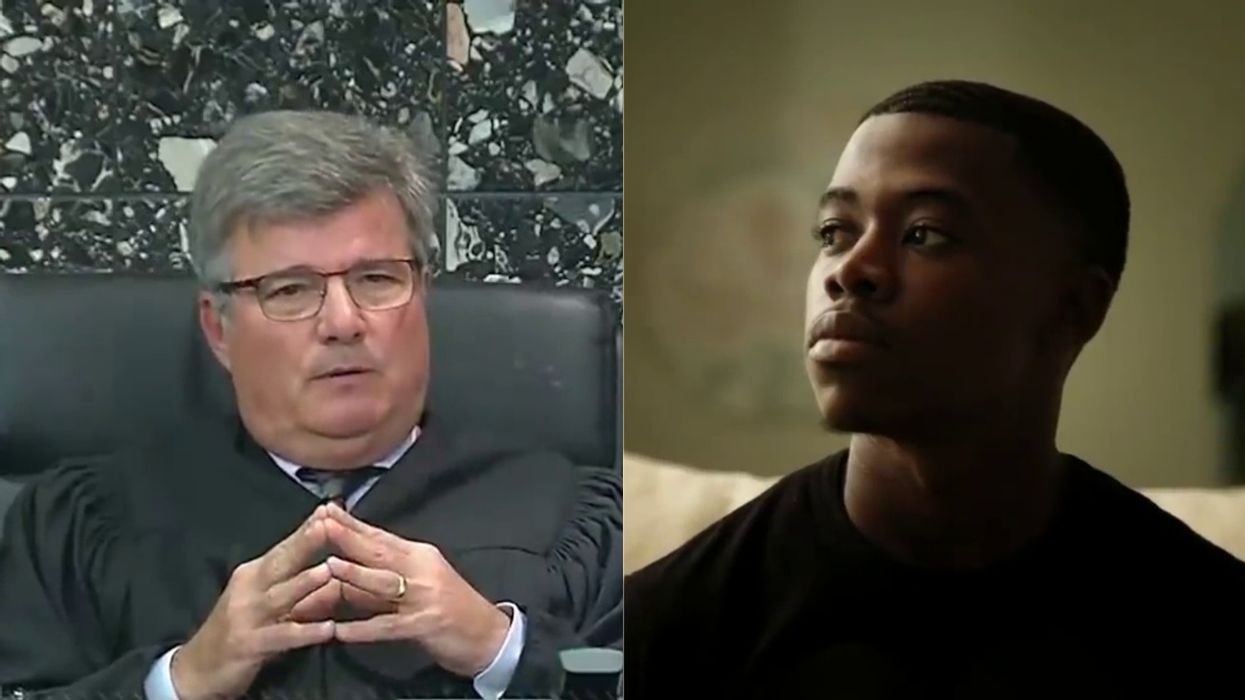

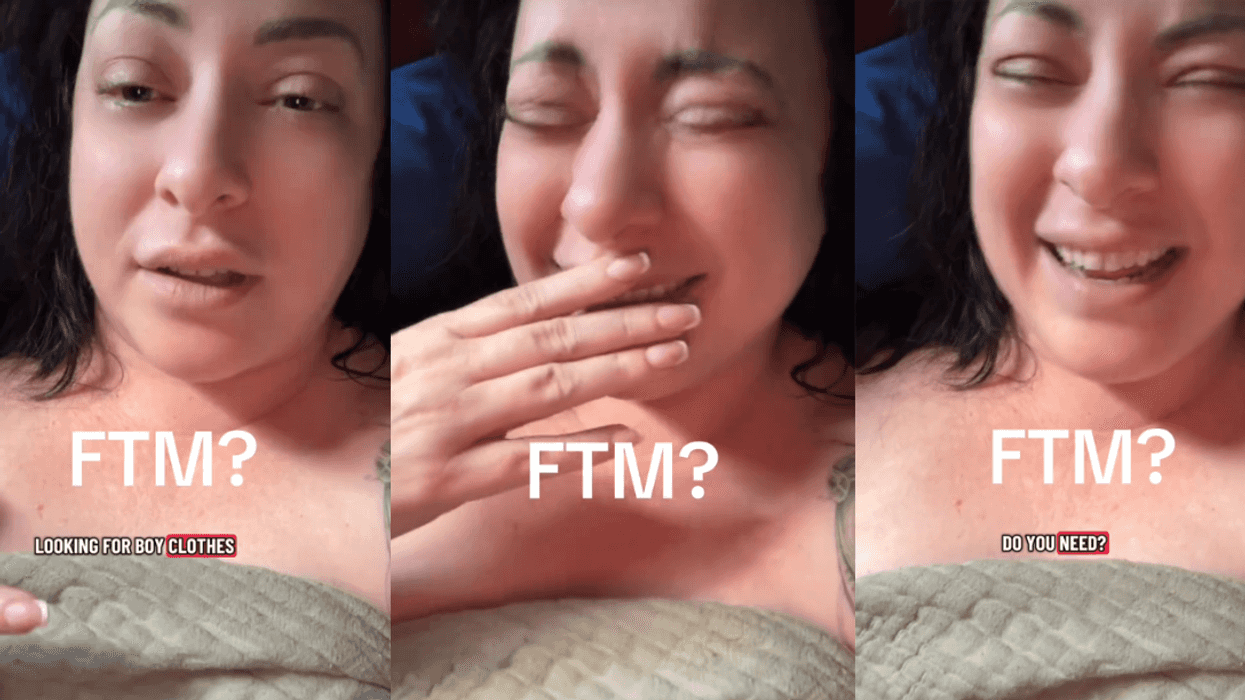




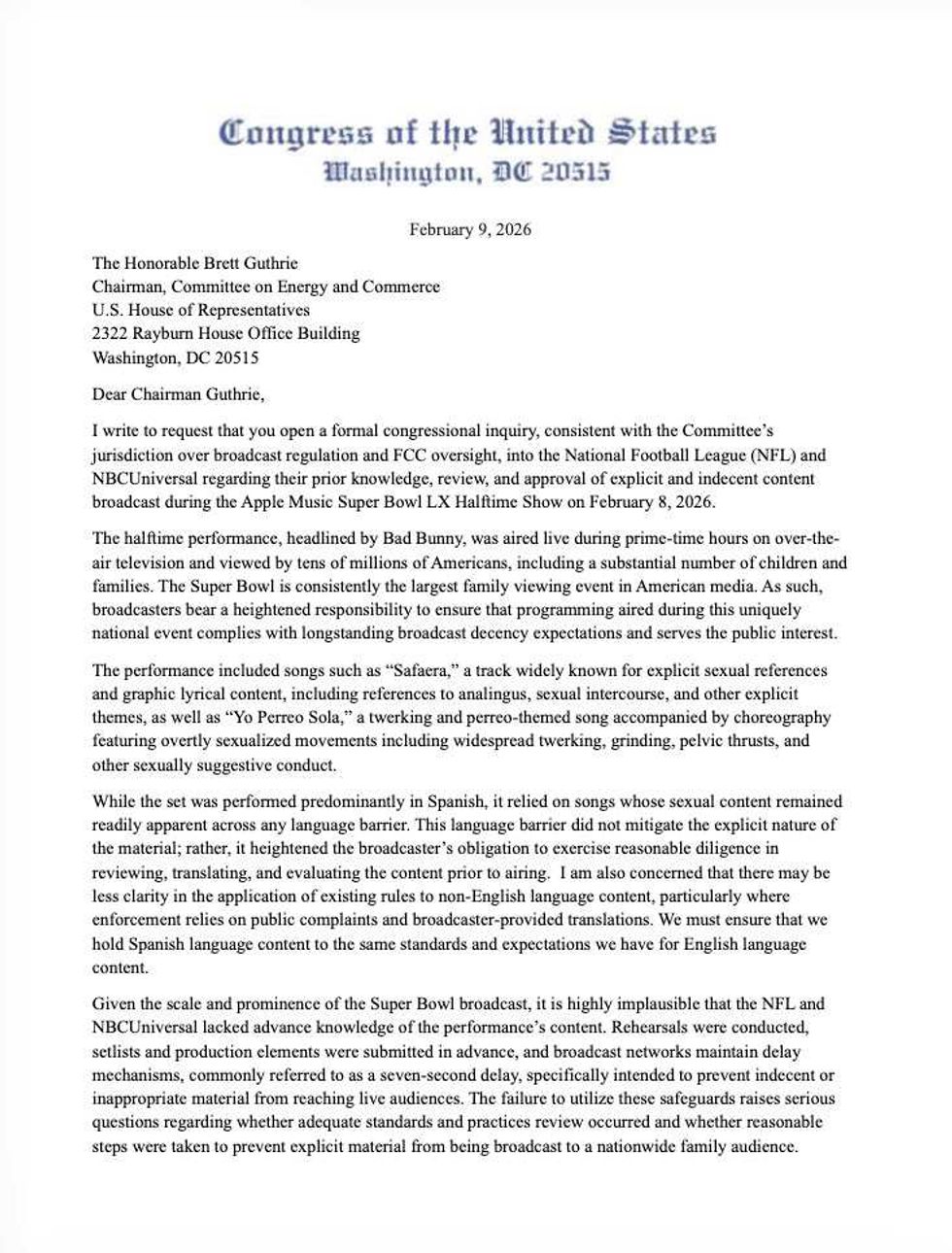 @RepOgles/X
@RepOgles/X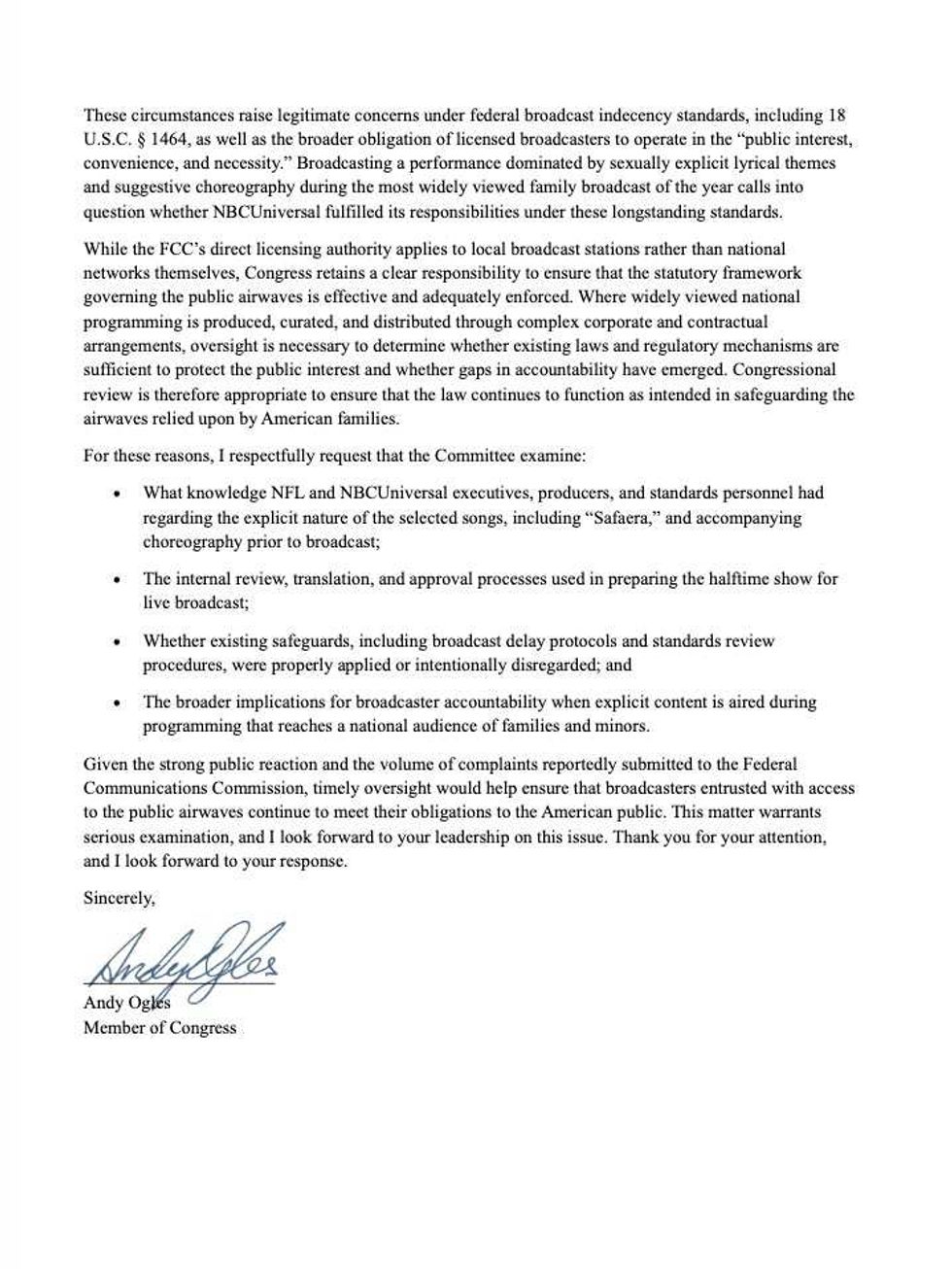 @RepOgles/X
@RepOgles/X




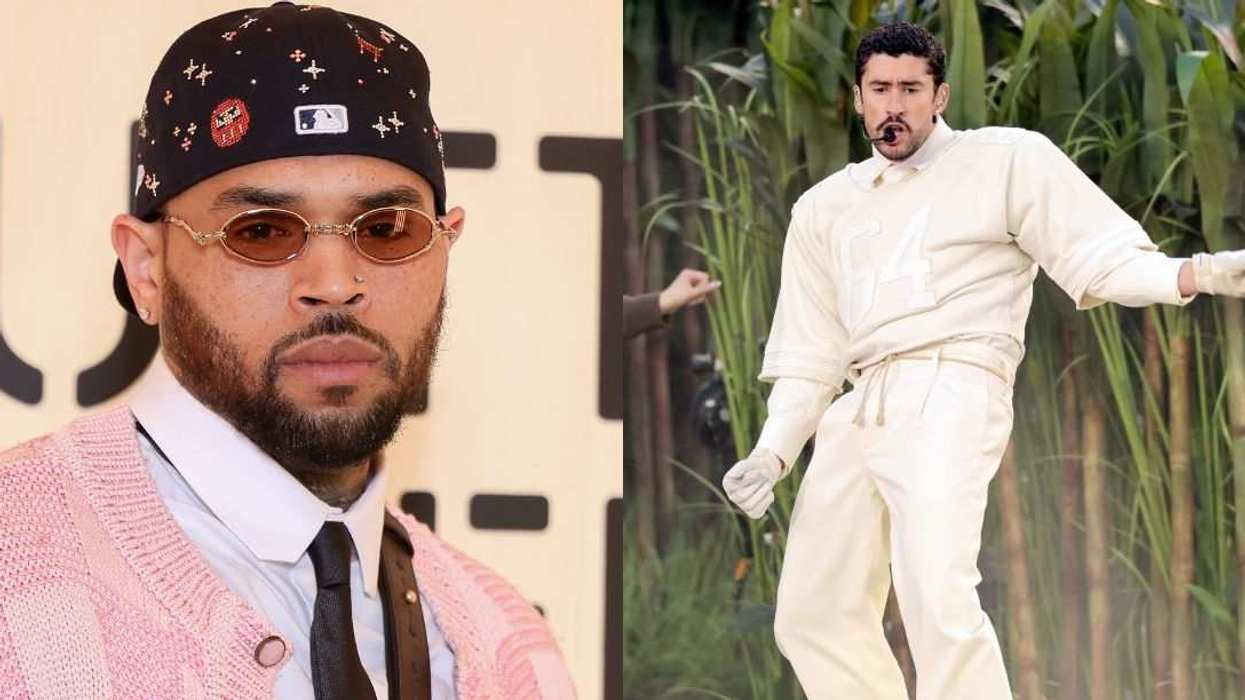
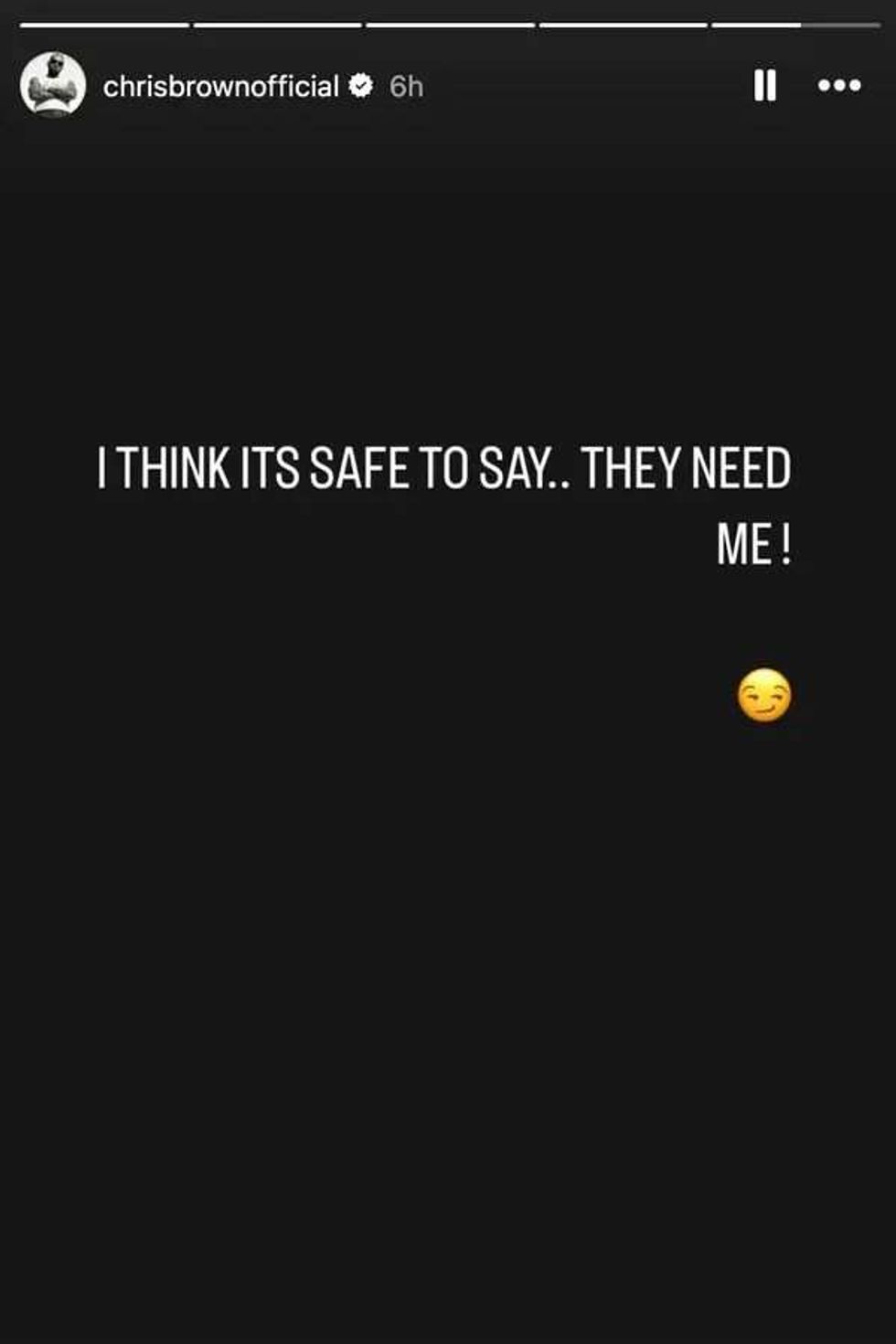 @chrisbrownofficial/Instagram
@chrisbrownofficial/Instagram u/oatlatt/Reddit
u/oatlatt/Reddit u/LoveTheAhole/Reddit
u/LoveTheAhole/Reddit u/SoFetch89/Reddit
u/SoFetch89/Reddit u/00trysomethingnu/Reddit
u/00trysomethingnu/Reddit u/kittybuscemi/Reddit
u/kittybuscemi/Reddit u/___nic/Reddit
u/___nic/Reddit u/WaterMagician/Reddit
u/WaterMagician/Reddit u/west-brompton/Reddit
u/west-brompton/Reddit u/GhostlySpinster/Reddit
u/GhostlySpinster/Reddit u/Asleep_Tap6199/Reddit
u/Asleep_Tap6199/Reddit u/afreudtolove/Reddit
u/afreudtolove/Reddit u/myfriendtoldmetojoin/Reddit
u/myfriendtoldmetojoin/Reddit
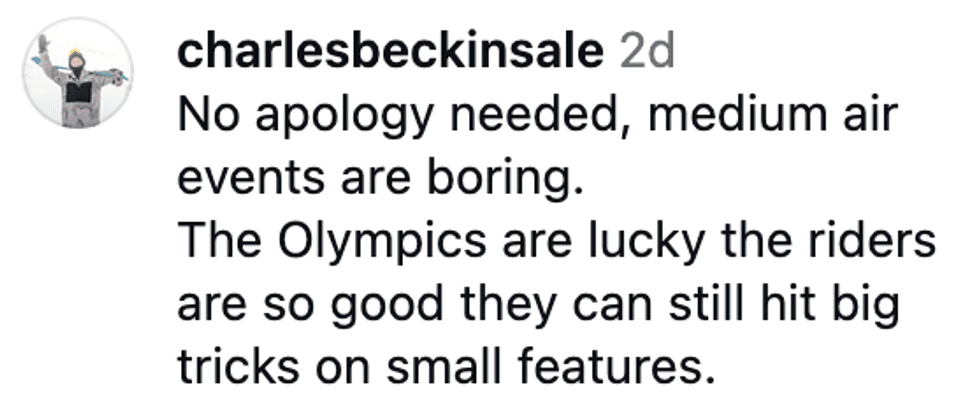 @charlesbeckinsale/Instagram
@charlesbeckinsale/Instagram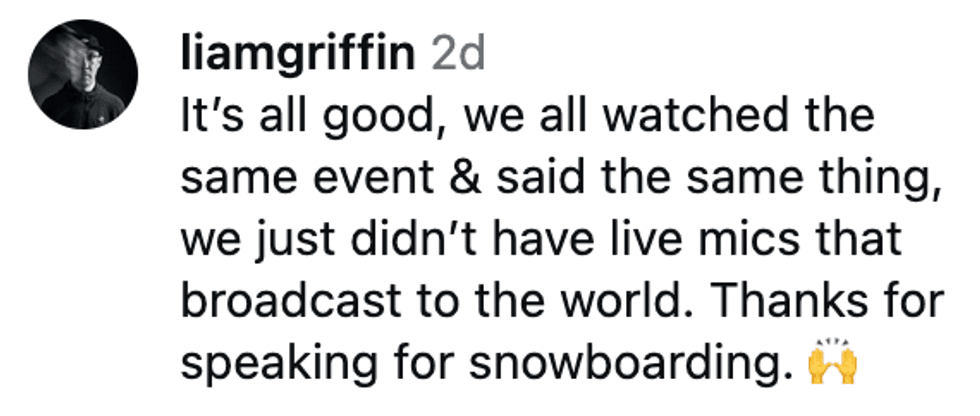 @liamgriffin/Instagram
@liamgriffin/Instagram @valentinoguseli/Instagram
@valentinoguseli/Instagram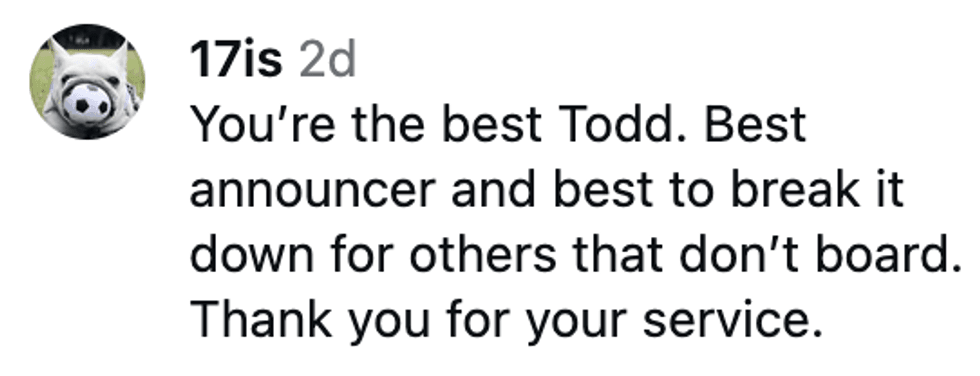 @17is/Instagram
@17is/Instagram @torahbright/Instagram
@torahbright/Instagram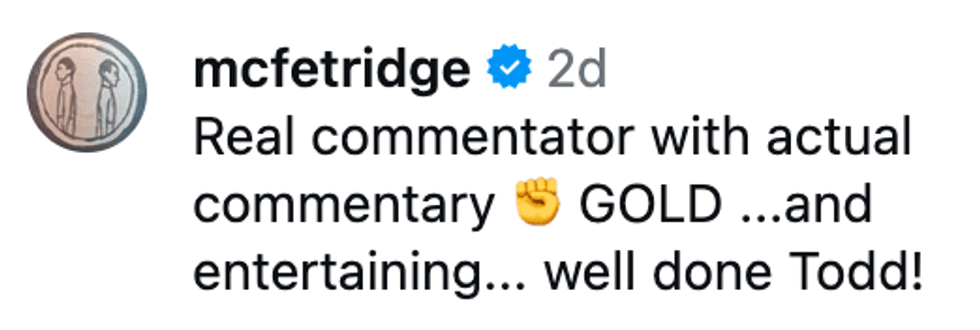 @mcfetridge/Instagram
@mcfetridge/Instagram @colleenquigley/Instagram
@colleenquigley/Instagram @jonathanwaynefreeman/Instagram
@jonathanwaynefreeman/Instagram
 @amberglenniceskater/Instagram
@amberglenniceskater/Instagram